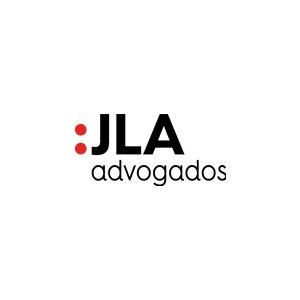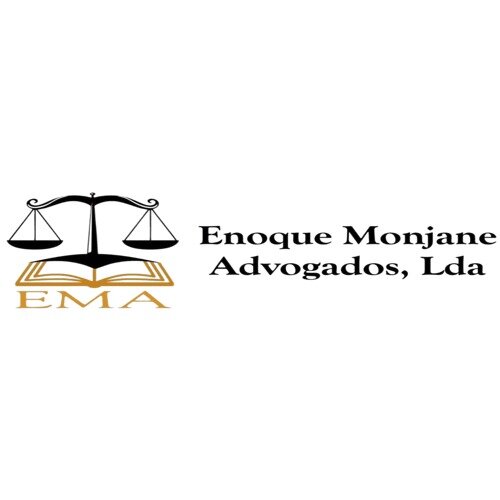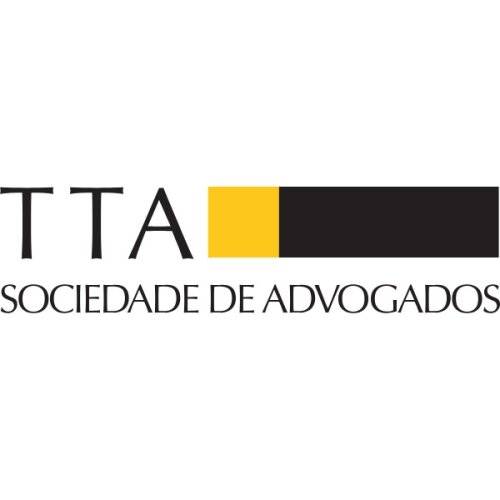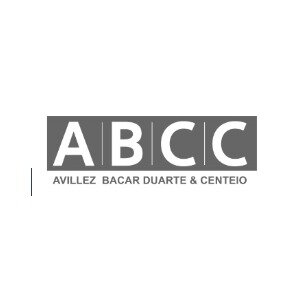Best Debt Capital Markets Lawyers in Maputo
Share your needs with us, get contacted by law firms.
Free. Takes 2 min.
List of the best lawyers in Maputo, Mozambique
About Debt Capital Markets Law in Maputo, Mozambique
Debt capital markets (DCM) refer to the area of finance where companies, government entities, and financial institutions raise funds by offering debt securities, such as bonds, notes, or debentures, to investors. In Maputo, Mozambique, the debt capital markets are a vital pillar for economic development and financing. The market serves as a platform for public and private sector organizations to access capital for infrastructure, business expansion, and refinancing needs. The regulatory environment in Mozambique is evolving, with a focus on fostering participation while ensuring transparency and investor protection.
Why You May Need a Lawyer
Engaging a legal expert is crucial when navigating the debt capital markets in Maputo. Here are common situations where you might need legal assistance:
- Structuring debt securities for issuance
- Drafting or reviewing prospectuses, offering documents, and legal agreements
- Ensuring compliance with local regulatory authorities such as the Bank of Mozambique or the Mozambique Stock Exchange (Bolsa de Valores de Moçambique)
- Negotiating terms and conditions with investors
- Addressing cross-border financing or foreign investment issues
- Dealing with defaults, restructuring, or disputes related to debt instruments
- Understanding tax implications and reporting obligations
A lawyer helps clarify your rights and obligations, guides you through the complex regulatory landscape, and protects your interests at every stage of the debt capital market process.
Local Laws Overview
The Mozambican legal framework for debt capital markets is shaped by several key statutes and regulations:
- The Financial Instruments Market Law governs the issuance and trading of securities, including bonds and notes.
- The Bank of Mozambique acts as the main regulatory body for financial markets, setting prudential and disclosure standards.
- The Mozambique Stock Exchange regulates the listing and trading of securities in the secondary market.
- Debt securities can be offered either through public offerings, which require detailed disclosures and regulatory approvals, or through private placements subject to fewer formalities.
- Foreign exchange and repatriation rules affect how international investors engage in Mozambican debt instruments.
- Anti-money laundering and anti-terrorist financing laws also have implications for debt capital markets activities.
Complying with these rules is essential to avoid regulatory sanctions and ensure successful transactions. Legal counsel can help identify all applicable local requirements.
Frequently Asked Questions
What are the main types of debt securities issued in Mozambique?
Common debt securities include government bonds, corporate bonds, and short-term notes issued by financial institutions or companies.
Who regulates debt capital markets in Maputo?
The primary regulators are the Bank of Mozambique and the Mozambique Stock Exchange.
Can foreign investors participate in Mozambican debt capital markets?
Yes, but they may be subject to exchange control and registration requirements.
What are the key steps to issuing a bond in Mozambique?
Steps include preparing offering documents, obtaining regulatory approvals, listing (if public), and marketing the bond to investors.
Is it possible to issue debt securities through a private placement?
Yes, private placements are allowed and are subject to fewer disclosure requirements compared to public offerings.
What are the disclosure requirements for public offerings?
Issuers must provide a prospectus with detailed information about the company, financial condition, and terms of the securities.
What are the typical reasons for legal disputes in debt capital markets?
Disputes may arise from defaults, misrepresentations, non-compliance with regulatory requirements, or disagreements over contract terms.
Are there tax implications on debt securities transactions?
Yes, taxes may apply on interest income, capital gains, and transfer or stamp duties. Legal and tax advice is recommended before entering into transactions.
How can a company ensure compliance with anti-money laundering regulations?
By implementing robust due diligence, verification procedures, and adhering to reporting requirements set by authorities.
What should I do if an issuer defaults on a debt instrument?
Seek immediate legal advice to evaluate your rights, possible remedies, and recovery options under the relevant contracts and laws.
Additional Resources
For further information or support, consider consulting these resources:
- Bank of Mozambique (Banco de Moçambique) - The central authority for financial market regulation and oversight
- Mozambique Stock Exchange (Bolsa de Valores de Moçambique) - For listing requirements and market information
- Ministry of Economy and Finance - For government bonds and fiscal policy matters
- Local law firms specializing in banking and finance law
- Professional organizations such as the Mozambique Bar Association
Next Steps
If you are considering participating in the debt capital markets in Maputo or need legal assistance regarding an existing matter, it is essential to:
- Identify your objectives and gather all relevant documents or information
- Research and approach reputable local legal practitioners who specialize in banking and finance or capital markets law
- Prepare a list of questions or concerns to discuss with your lawyer
- Stay informed about regulatory updates or new market practices through official channels
- Act promptly, especially if facing deadlines, regulatory inspections, or disputes
Seeking competent legal guidance protects your interests, ensures regulatory compliance, and increases the likelihood of successful outcomes in the Mozambican debt capital markets.
Lawzana helps you find the best lawyers and law firms in Maputo through a curated and pre-screened list of qualified legal professionals. Our platform offers rankings and detailed profiles of attorneys and law firms, allowing you to compare based on practice areas, including Debt Capital Markets, experience, and client feedback.
Each profile includes a description of the firm's areas of practice, client reviews, team members and partners, year of establishment, spoken languages, office locations, contact information, social media presence, and any published articles or resources. Most firms on our platform speak English and are experienced in both local and international legal matters.
Get a quote from top-rated law firms in Maputo, Mozambique — quickly, securely, and without unnecessary hassle.
Disclaimer:
The information provided on this page is for general informational purposes only and does not constitute legal advice. While we strive to ensure the accuracy and relevance of the content, legal information may change over time, and interpretations of the law can vary. You should always consult with a qualified legal professional for advice specific to your situation.
We disclaim all liability for actions taken or not taken based on the content of this page. If you believe any information is incorrect or outdated, please contact us, and we will review and update it where appropriate.
















